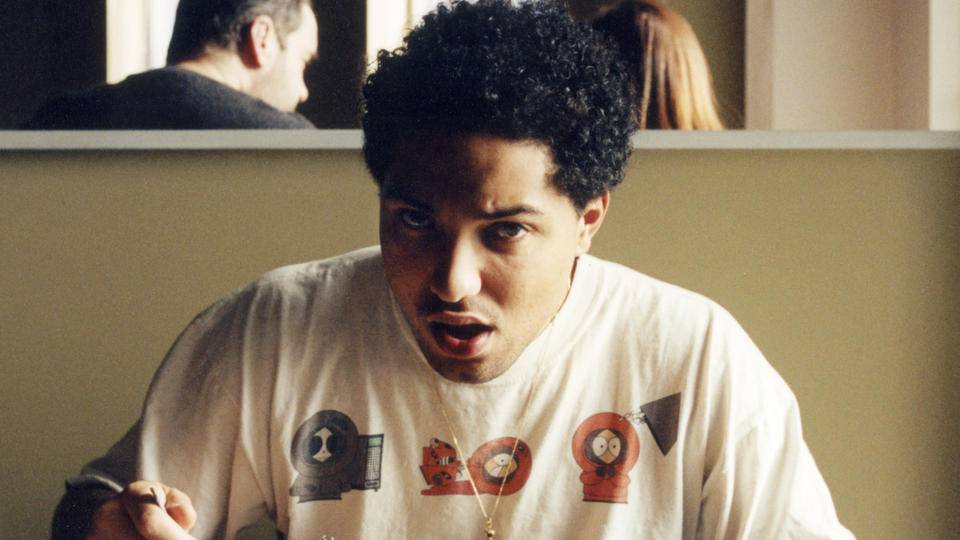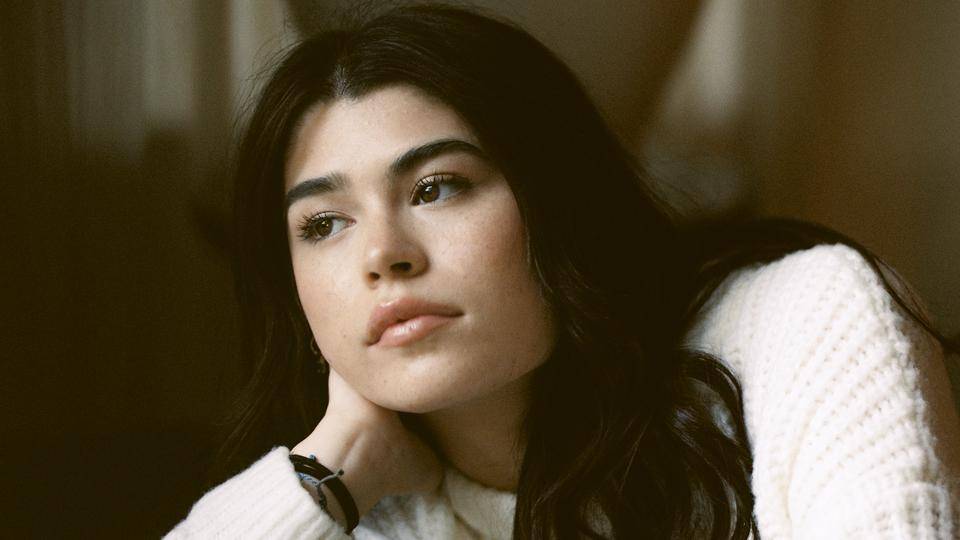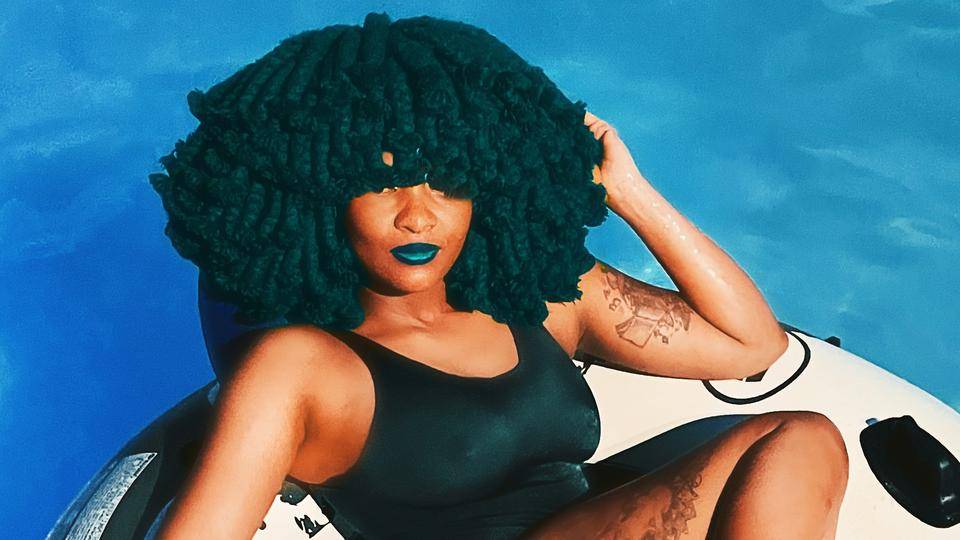5 Simple Ways You Can Help Protect Our Oceans

So unless you’ve been living under a rock for the last few months, you’ve probably heard that our oceans are in trouble. Pollution, plastics, overfishing and habitats being wiped out by humans are devastating marine life.
We need our oceans to be healthy and full of life. Firstly, because the ocean is awesome. Not to mention that the survival of our species depends on it - the ocean makes oxygen for us to breathe and provides food and jobs for billions of people around the world.
So what can you do to help?
Glad you asked. Expert advice, coming right up…
Marine Megafauna Foundationis an awesome charity dedicated to saving threatened marine life - particularly megafauna aka “ocean giants”. Think whale sharks (the real life Destiny from Finding Dory),
manta rays,
and other marine animals like turtles.
Pretty damn cool.
So who better than the experts in marine conservation to give some handy tips on how YOU can help? Here’s what they told us:
Ditch that plastic
Single-use plastic is a huge problem. Plastics are pouring into our ocean at an unbelievable rate and the ocean is, basically, choking on it. It’s pretty disgusting.
It seems like almost everything today is made of plastic so the thought of cutting down is pretty daunting. But - luckily - it’s easier than you might think. There are lots of simple swaps you can make: get yourself a reusable coffee cup (not only will they save you money on coffee in certain outlets but brands like Ecoffee Cup make a range of cool designs), a bamboo toothbrush, say no to straws (because, let’s face it, you don’t really need one), order milk in glass bottles from your local milkman rather than buying plastic containers from the supermarket, and switch out your plastic razor for a safety razor. Also, when you’re out shopping, pick loose veggies over plastic-wrapped ones and bring reusable bags with you to carry them home in.
Take some photos!
You can’t help actual scientific research because you don’t have years of training and a marine biology degree, right? Wrong. Scientists depend on people just like you to help with their research.
A lot of marine creatures - like manta rays and whale sharks - have unique spot patterns, kind of like their own fingerprint. Marine biologists from MMF are out in the water every day to find and take note of the animals they see - but if you’re on holiday and see one while you’re diving or snorkelling, your photo might be able to help further actual science: upload your snaps to log your sightings (on places like MantaMatcher and WhaleShark.org) and they’ll be used as part of real-life scientific research to protect these species.
This type of Citizen Science actually helped scientists Elitza Germanov and Andrea Marshall discover a new reef manta ray migration in Indonesia which lead to the species being listed on CMS (a UN environmental treaty which helps the conservation of migratory animals globally), which we think is pretty awesome.
Join a beach clean
If you’re living near the coast - or just have a favourite beach you’d like to look after - you can join or organise a local beach clean. You’ll probably be surprised (and a bit depressed) by how much litter you’ll find. Even if you’re not taking part in an organised cleanup, when you visit the beach, take any litter home with you. No-one wants to sit around in someone else’s trash!
Support organisations that protect the ocean
There are lots of ways you can support marine conservation charities like MMF - from becoming a member, making a donation and signing petitions to volunteering your time or adopting a manta ray or whale shark. Plus it gives you that warm and fuzzy feeling inside knowing you’ve done something to help.
Plenty more fish in the sea… or are there?
Overfishing is a huge problem and many fish stocks are in serious decline. Basically, humans are eating fish to the point of extinction. And many fishing methods are so efficient that they’re not only catching the fish they intend to but often everything else in their path: including dolphins, turtles, birds and much more. It’s horribly sad.
So, if you do eat seafood, find out whether the fish you eat comes from a sustainable source and try not to buy fish farmed in a way that harms the environment. That might sound complicated but look for the MSC’s blue fish label (which tells you the fish can be traced back to a sustainable source) and use the Good Fish Guide app as a simple way of checking you’re making environmentally responsible choices when buying seafood - the app also suggests some recipes for the fish that are good to eat and rates the sustainability of many restaurants that serve seafood.
If everyone could put a little more thought into what they buy in the supermarket or at a restaurant, it would make a massive difference to the health of our oceans.
Hopefully, with your help, we can help protect the future of marine life.
'ByMelissa Hobson'





